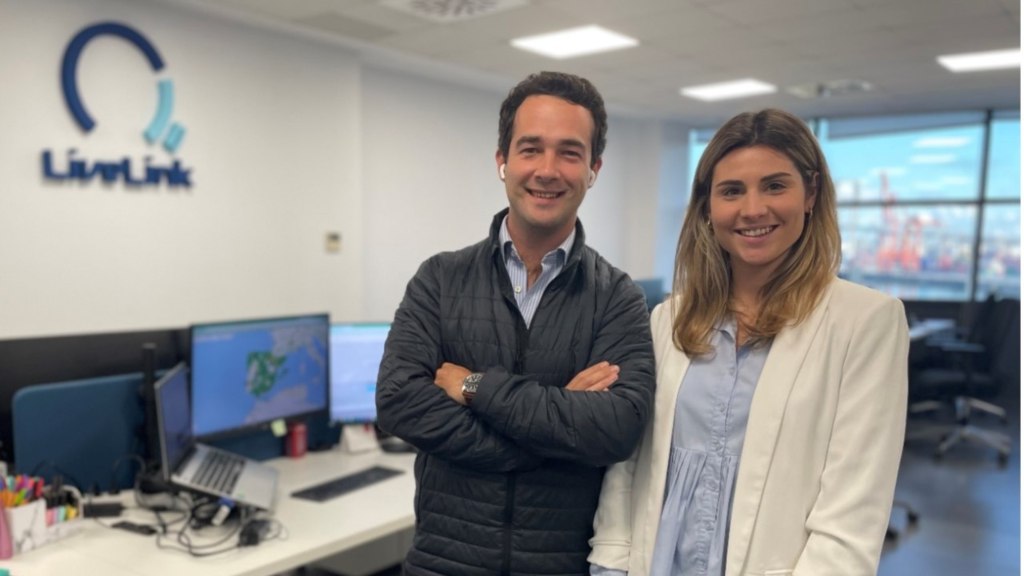
Although three out of four Spaniards have a high or medium level of financial education, they recognize that you need to improve your knowledge. This is what emerges from the Financial Competencies Survey presented by the Bank of Spain and the National Securities Market Commission (CNMV).
The study also marks the financial education of citizens, who obtain a six out of 10, which highlights the need to improve the financial knowledge of society and the importance of being financially trained.
Faced with this need, and on the occasion of World Financial Education Day, Vall Banc, a bank specialized in wealth management, explains the five key tips to take into account when it comes to manage money:
1. Become aware of your financial assets
The moment you start to receive your first salary and, therefore, to have your own money, it is necessary to start setting the financial goals. Being aware of the situation and setting a realistic long-term goal will allow you to reach your financial purpose sooner than expected. This is the first step for proper financial wealth management, with the aim of avoiding depending on a pension or future income, upon reaching retirement.
“In awareness, there are tools that help understand the importance of financial planning, such as the compound interest effect. It allows you to visually calculate the money you are going to get if you start investing from a young age and thus convince you of the need to start worrying about money”, Says Ignasi Vega, head of HNWI at Vall Banc.
2. How will it be managed? Difference between saving and investing
Another key point in financial education is knowing the difference between investing and saving, being aware of the benefits that each path brings us. They are two completely different ways of managing money: saving is leaving your money to rest, while investing is putting it to work.
“From Vall Banc, we recommend investing the money, even if the initial equity is limited. It is not enough to save, since, if we leave the money intact, it will lose value over the years. On the other hand, by investing, we will obtain a return and a profit from those savings ”, explains the head of HNWI at Vall Banc.
3. Always plan, the key methodology of finance
The organization and planning of financial assets is necessary to achieve the objectives established in the short and long term. There are tools and resources that help you plan the financial future and identify where it is best to invest, taking into account each person’s individual preferences (a trip, a home, a car, etc.).
At this point, the role of the financial advisor comes into play, who has the ability to know and analyze in depth the personal, family and professional situation of each person. In this way, you can define personalized objectives and strategies that are tailored to the client’s needs and guide them through the entire financial planning process.
4. Have an emergency fund, an asset of value
As in any process, it is always necessary to be cautious and know the possible risks and warnings to be able to advance to them.
And when it comes to managing finances it is no different. In addition, the pandemic has taught us that reality is uncertain and that our way of living it can change from one moment to the next. That is why today it is more important than ever to have a contingency emergency fund and healthy debt securities.
“The emergency fund for contingencies is an amount that serves as a financial cushion. The objective is to accumulate part of the money saved to face possible economic unforeseen events that may arise. In this sense, it is also important to periodically review the debt and interest values together with the financial advisor to verify that they remain stable “, explains Ignasi Vega.
5. Always be advised and informed about financial news
Having an advisor who informs and advises throughout the process is essential to achieve the objectives set and stay up-to-date with financial news. The needs and circumstances of each person will vary throughout their life cycle. Therefore, it is key to trust the help and expertise of a Financial Advisor that is able to listen and analyze in depth the personal, family and professional situation of each person and offer tailor-made solutions.
“Our role as consultants must be complementary to that of technology, with the aim of translating data and metrics into a language understandable to the client and thus, offering realistic, transparent and personalized strategies “, adds the head of HNWI.



